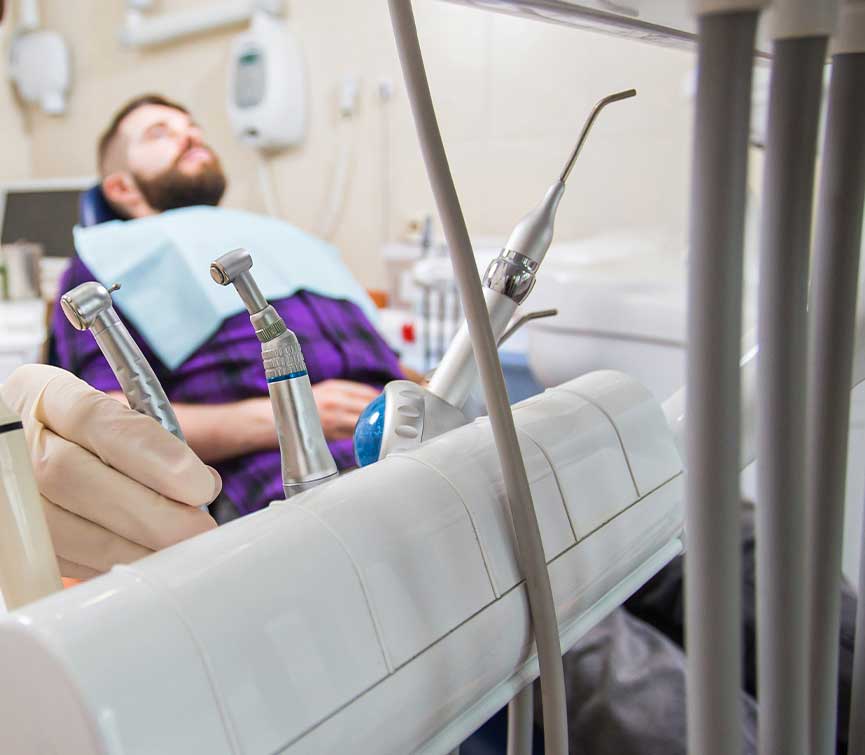Understanding Normal Dental Health: A Comprehensive Guide for a Brighter Smile
Normal dental health is when an individual’s teeth, gums, and the entire oral cavity are free from disease, functioning correctly, and not causing pain or discomfort. Achieving and maintaining normal dental health involves absent gum diseases, cavities, bad breath (halitosis), and other oral problems
- Understanding Normal Dental Health
- Why is Good Dental Health Important?
- Signs of Healthy Teeth and Gums
- Common Dental Concerns
- Maintaining Normal Dental Health
- Key Takeaways
- FAQs
Understanding Normal Dental Health
Normal dental health refers to teeth that are clean and free of debris, pink gums that don’t hurt or bleed when you brush or floss, and the absence of bad breath. It’s about maintaining a balance in your oral ecosystem, ensuring everything functions as it should.
Why is Good Dental Health Important?
Maintaining good dental health is crucial because our mouth is a window into the health of our body. It can show signs of nutritional deficiencies or general infections. Studies have even linked poor oral health to serious health problems like heart disease, diabetes, and stroke.
Connection between Oral Health and Overall Health
What happens in your mouth doesn’t stay in your mouth. Poor oral health can affect your entire body, leading to serious health complications. For instance, periodontitis has been linked to premature birth and low birth weight in pregnant women.
Signs of Healthy Teeth and Gums
A healthy mouth is more than just a nice smile. Here are some signs that your teeth and gums are in good condition:
- Your gums are pink and do not bleed or hurt during brushing or flossing.
- Your teeth are clean and free of debris.
- You do not have problems with bad breath.
- Your teeth are not sensitive to hot or cold temperatures.
Common Dental Concerns
Despite our best efforts, some of us may still experience dental concerns. These can range from cavities and gum disease to more serious conditions like oral cancer.
How to Address Dental Concerns
The key to addressing these concerns is regular dental check-ups. Your dentist can identify potential issues early and suggest appropriate treatments to prevent further complications.
Maintaining Normal Dental Health
Maintaining normal dental health requires a commitment to good oral hygiene. Here are some tips:
- Brush your teeth at least twice a day.
- Floss daily.
- Eat a balanced diet and limit between-meal snacks.
- Replace your toothbrush every three to four months.
- Schedule regular dental check-ups and cleanings.
Key Takeaways
Understanding what constitutes normal dental health and its importance is crucial in maintaining overall health. Regular check-ups and good oral hygiene are necessary to keep your teeth and gums healthy.
FAQs
What is considered normal dental health?
Normal dental health refers to clean teeth free of debris, pink gums that don’t hurt or bleed when you brush or floss, and the absence of bad breath.
Why is maintaining good dental health crucial?
Good dental health is essential as it impacts your overall well-being. Poor oral health can lead to serious health complications like heart disease, diabetes, and stroke.
How can I maintain good dental health?
Maintaining good dental health involves regular brushing and flossing, limiting snacks between meals, replacing your toothbrush frequently, and scheduling regular dental check-ups and cleanings.
Conclusion
In conclusion, maintaining normal dental health significantly affects our overall well-being. By understanding what constitutes a healthy mouth and taking the necessary steps to achieve it, we can protect not just our teeth, but our overall health as well. Remember, a healthy mouth is a healthier you.
Table of Contents
Toggle


